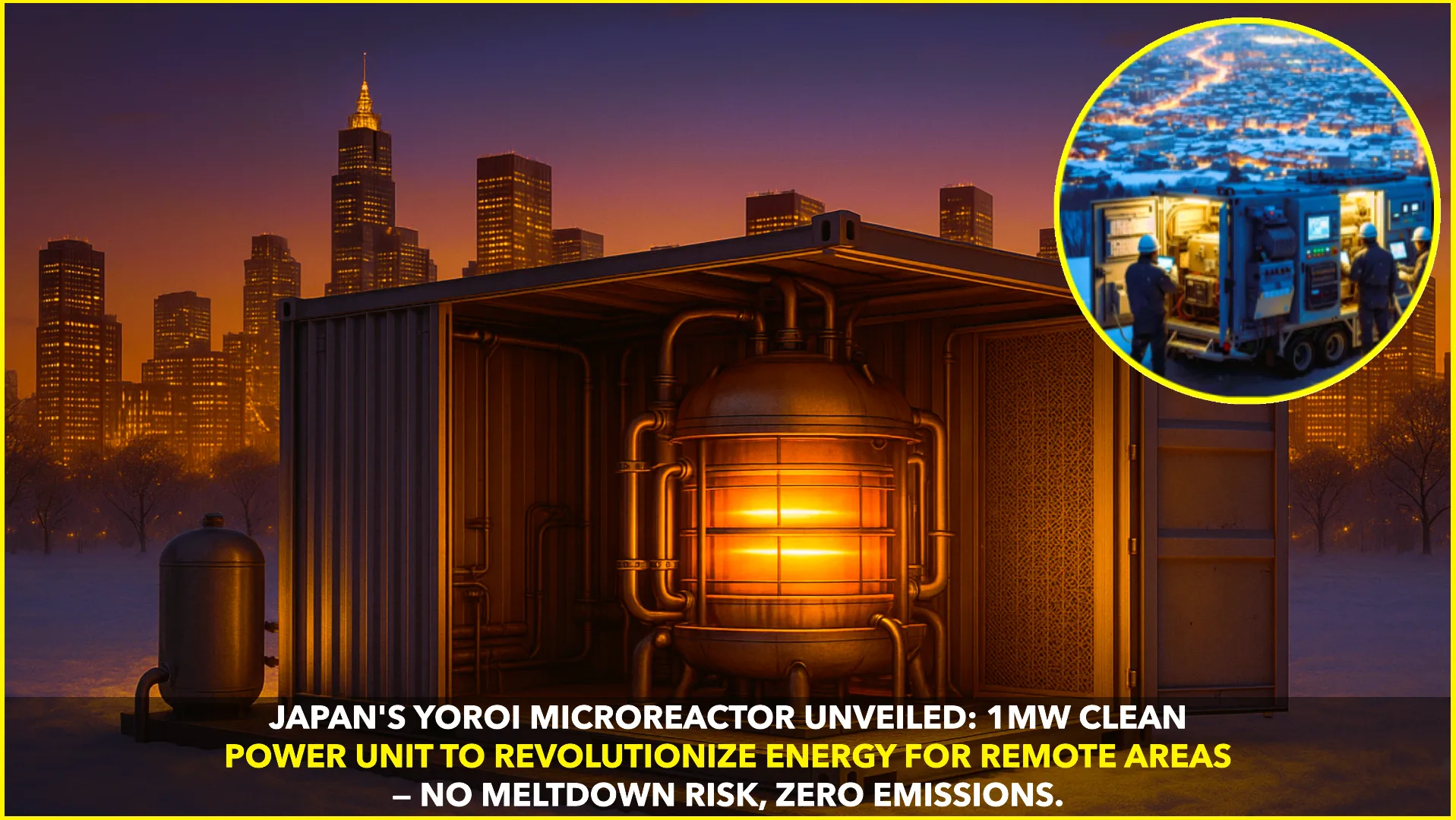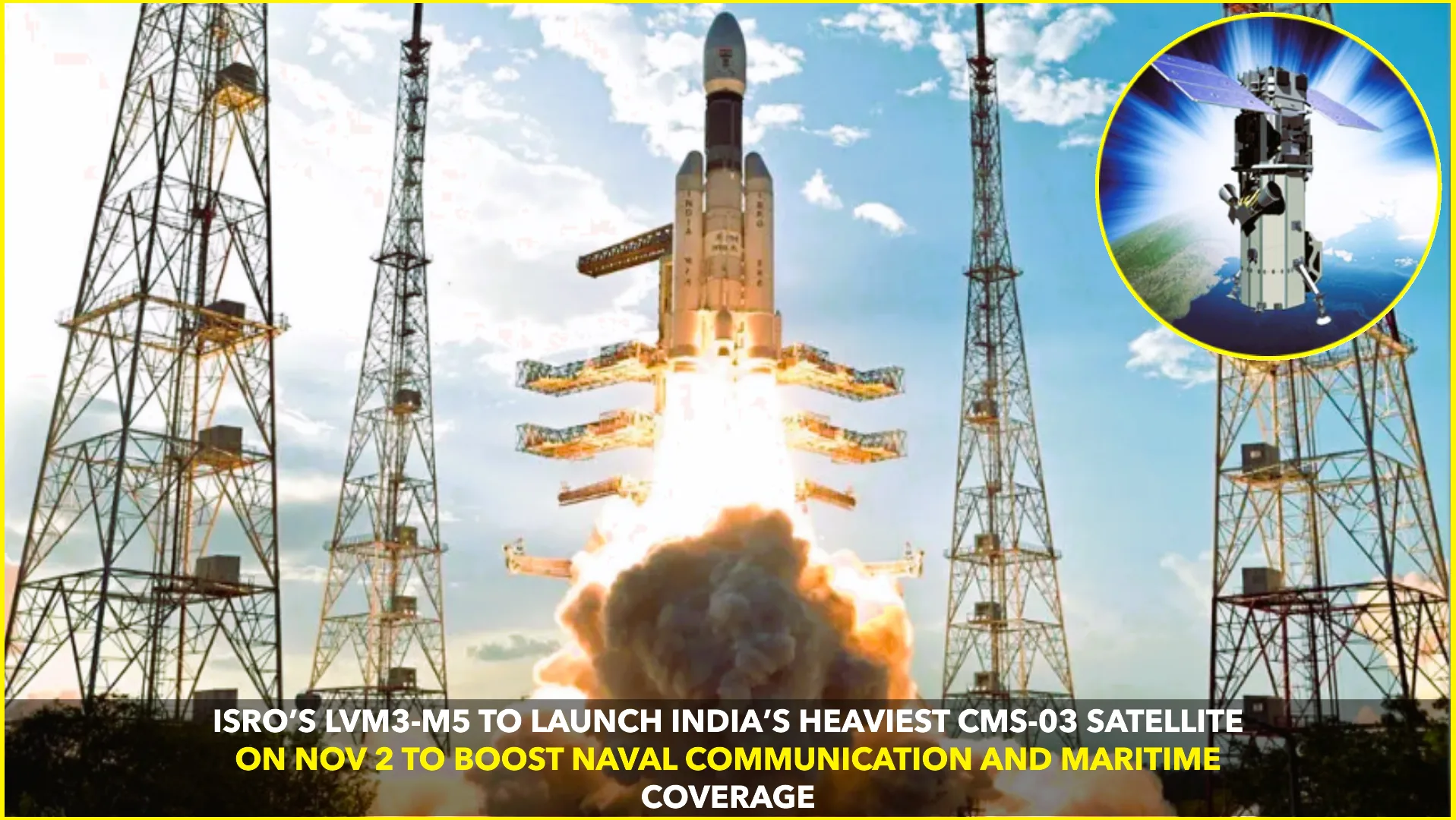Hokkaido, Japan
In a major leap toward sustainable and resilient energy infrastructure, Japan has officially introduced the Yoroi Reactor—a factory-sealed, transportable micro-nuclear reactor designed to safely deliver clean energy to remote communities and disaster-prone zones. Developed through a partnership between a private consortium and Japan’s National Institute for Fusion Science, this modular microreactor marks a new era in nuclear innovation tailored to Japan’s post-Fukushima energy and safety goals.
The Yoroi Reactor is small enough to fit in a standard shipping container and can generate up to 1 megawatt of power, enough to sustain a small village or isolated island. Its official unveiling took place in the snowy outskirts of Hokkaido, symbolizing its suitability for rugged, remote terrains.
Unlike conventional reactors, the Yoroi is buried underground, does not require visible towers or cooling towers, and operates without on-site personnel. This setup significantly reduces operational and environmental risks, particularly in earthquake-prone Japan.
The reactor uses low-enriched uranium embedded in a ceramic matrix and is cooled with molten salt, a technology praised for its low-pressure operation and inherent safety features. The system is designed to shut down passively in the event of power loss, preventing the possibility of meltdowns—an important reassurance in a country still healing from the 2011 Fukushima disaster.
Each Yoroi unit has a lifespan of 10 years, after which the entire sealed unit is removed and replaced like a “nuclear battery.” This unique approach means no on-site handling of nuclear waste and minimal radiation risk, making it ideal for use in populated or environmentally sensitive areas.
Two pilot Yoroi reactors are already operational—one in a mountainous village and another on a remote island—replacing diesel generators and providing zero-emission, low-maintenance power. Early reports indicate flawless operation, with local communities praising the steady, silent, and clean energy.
The Japanese government, recognizing the technology’s potential to revolutionize domestic energy resilience, has announced plans to deploy 50 more Yoroi Reactors by 2030. The move is expected to significantly reduce the country’s dependence on fossil fuels while providing a secure backup energy source for emergency and disaster relief zones.
Experts view this as a bold step toward a “reimagined nuclear future,” where the benefits of nuclear power—clean energy, high reliability, and compact design—can be enjoyed without the traditional risks or public opposition.
“Yoroi is not just a reactor; it’s a symbol of how far nuclear technology has evolved since Fukushima,” said Dr. Hiroshi Tanaka, an energy analyst in Tokyo. “Compact, safe, and self-contained—it’s the iPhone moment for nuclear energy.”
As Japan navigates the twin challenges of climate change and energy security, the Yoroi Reactor could become a model for other nations seeking innovative, decentralized clean energy solutions.
Sources:
- Nikkei Asia News
- Japan Ministry of Economy, Trade and Industry
- National Institute for Fusion Science Press Briefing
- The Asahi Shimbun










